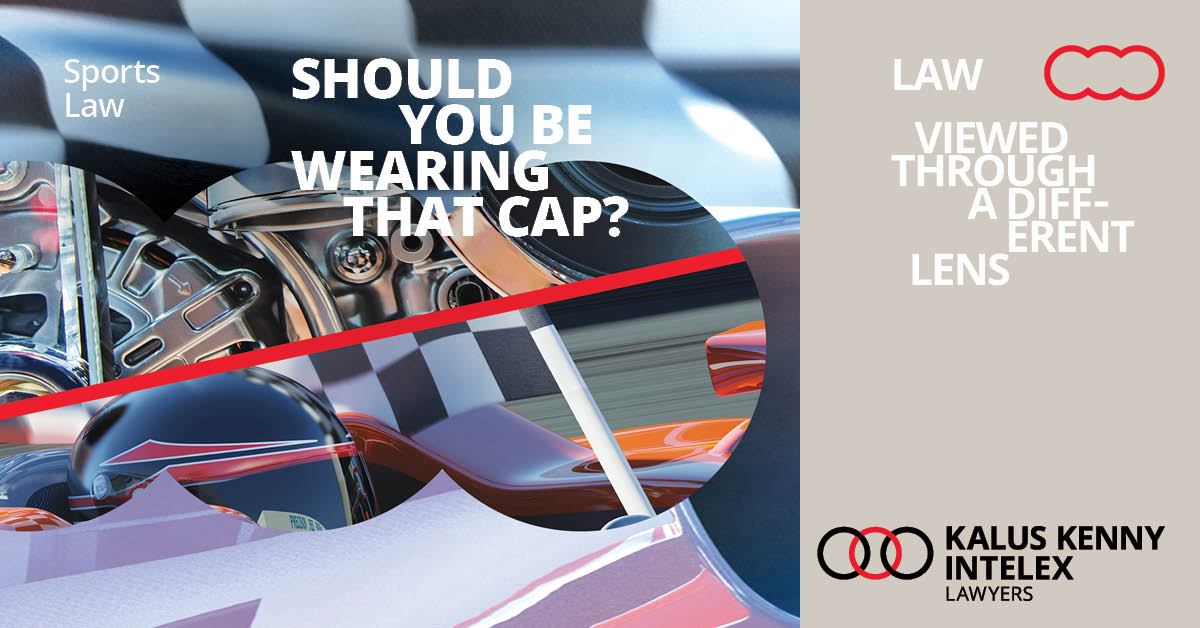The opening round of the 2024 Supercars championship at Bathurst in February was a timely reminder of ensuring that a sponsor’s rights and obligations are clear at the outset.
What happened?
If you are unfamiliar with the Supercars and the awards available to drivers, one of the available prizes is the ‘qualifying award’, whereby the driver who qualifies first for a race will win a cash prize for their efforts. In 2024, the prize to the driver who achieves pole position is $5,000. In exchange for the qualifying award prize, drivers are required to wear a Boost Mobile cap during the post-qualifying presentation.
At the opening round of the 2024 Supercars championship, two drivers, Will Brown and Broc Feeney each obtained pole position for the weekends’ two races. While Brown did wear the Boost Mobile cap following his pole position win on Saturday, the cap was noticeably missing from Feeney’s head after he was awarded pole position for the Sunday race.
Although both Feeney and Brown drive for the same team, it was stated by the Red Bull team that it was strictly following the Supercars Operations Manual on the Sunday, which requires drivers to wear an Armor All cap during post qualifying presentations. This is despite the fact that Feeney did not wear an Armor All cap, instead opting to wear the team’s own cap – a move by the team and Feeney that could be criticised as unsportsmanlike.
The need to wear a cap for qualifying awards is not new to the sport, with the requirement to wear a cap based on the sponsorship of the award by Armor All since 2006. Whilst this sponsorship came to an end in December 2023, at the time of the first round, the Armor All cap requirement had not been updated by Supercars in its 2024 Operations Manual.
It had also been suggested that Feeney’s neglect in wearing the Boost Mobile cap came from his own ambassadorship of Vodafone, a Boost Mobile competitor. Whilst this remains to be speculation, it is noted that historically where there has been a conflict between personal/team sponsors and the qualifying award sponsor, drivers have been permitted to wear the required apparel for the qualifying award presentations.
Where to from here?
Feeney’s cap snub during Sunday’s post-qualifying presentation was received poorly by Boost Mobile, with Boost Mobile’s GM labelling Feeney’s act “a joke”, putting the pressure back on Supercars to ensure the sport’s teams and drivers are clear on their qualifying award obligations.
Now with round two of the Supercars championship only a couple of days away as part of the Australian Formula 1 Grand Prix, the Supercars Operations Manual has been updated to reflect a requirement of drivers to wear a Boost Mobile cap should they attain pole position in any of the weekend’s races and any future races in the 2024 championship.
What does this mean for you as a sponsor, a sporting body or as an athlete receiving sponsorship where there is a conflict?
Careful consideration ought to be given to any potential conflict of interest you may face in entering into a sponsorship agreement – both as a sponsor, a sporting body, a team or as an athlete.
As a sponsor of an athlete or team, you want to see that the athlete is promoting your brand to the best of their ability and in accordance with your agreement. However, additional thought should be given to the rules and regulations that the athlete may also need to adhere to. It may not be that the athlete must wear a competing brand’s cap during a presentation, it could also be that the athlete is unable to display your brand during certain interviews or other commitments.
Likewise, as an athlete, you should always be aware of your obligations in your sport as to when you may not be able to represent your sponsor’s brand. Any exclusions for when you may not be able to promote a sponsor due to your obligations under your sport’s rules are regulations should be made clear to avoid any allegations of a breach of your own sponsorship agreement.
Finally, if you are a sporting body that imposes certain requirements on athletes that change for any reason, your rules and regulations should be updated to ensure those requirements are correct and clear for all athletes.
Want help with your sponsorship agreement? Get in touch with KKI’s sports law team.




